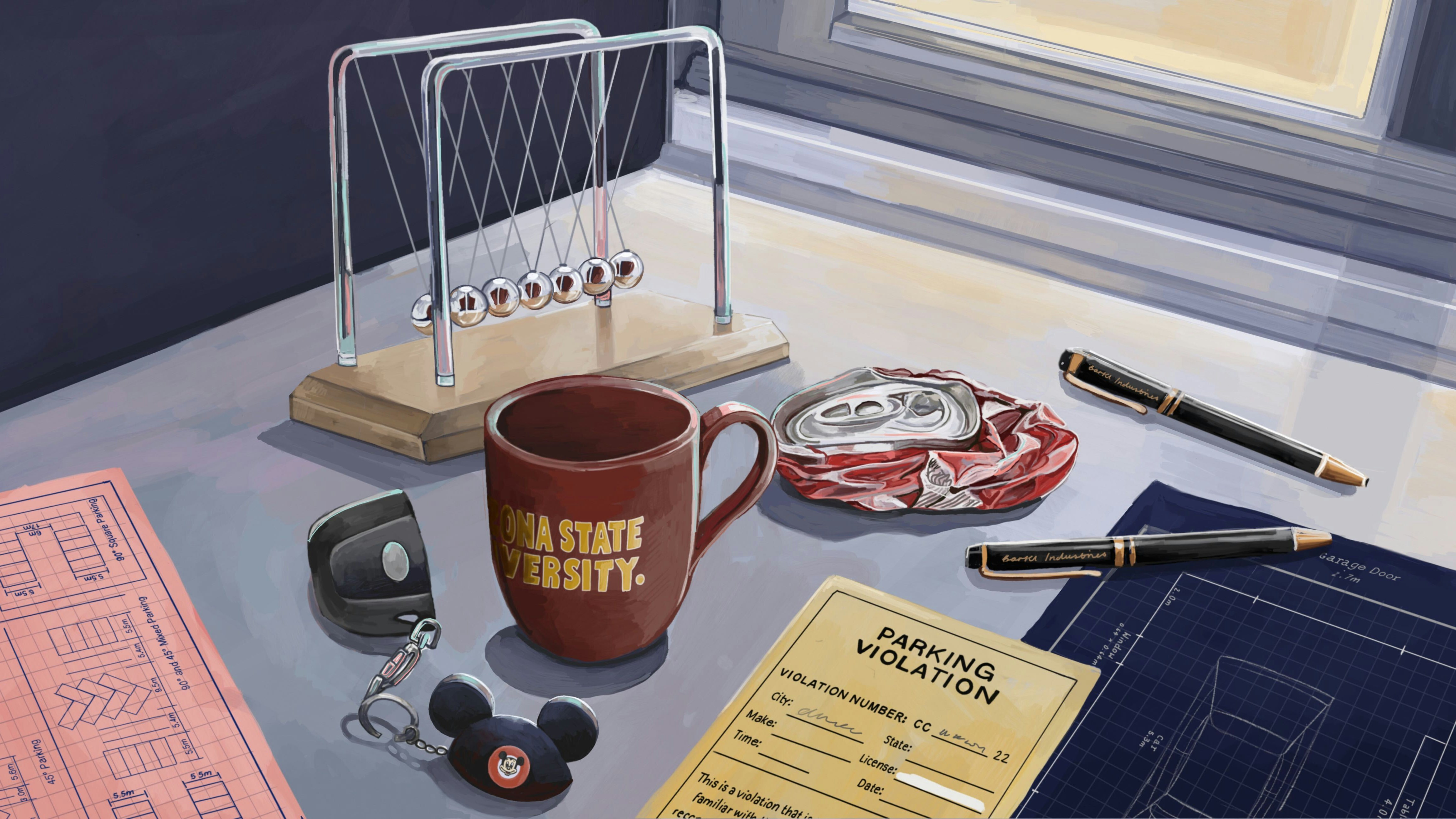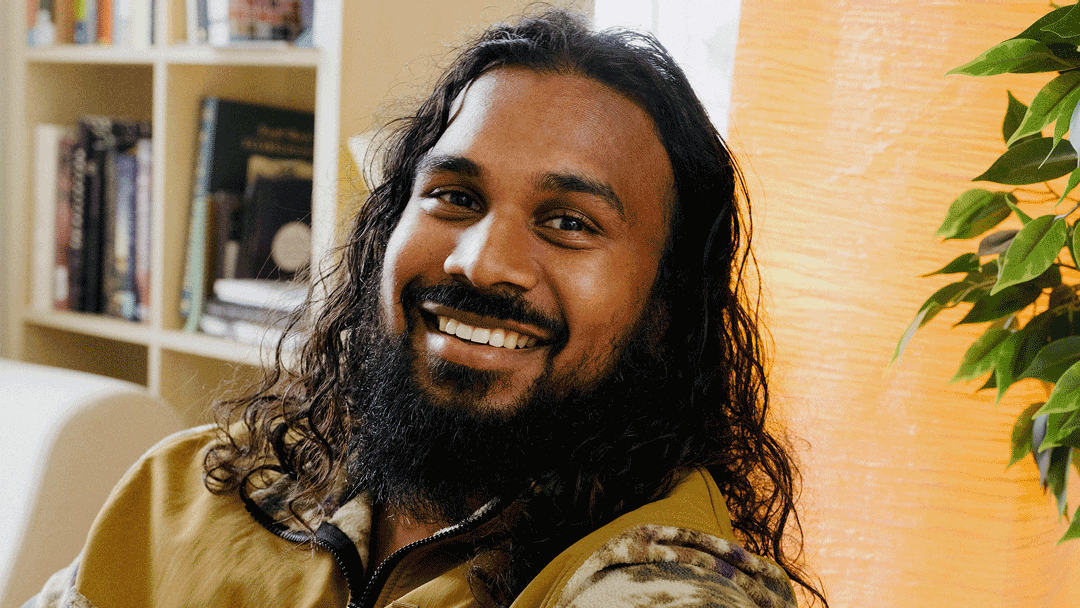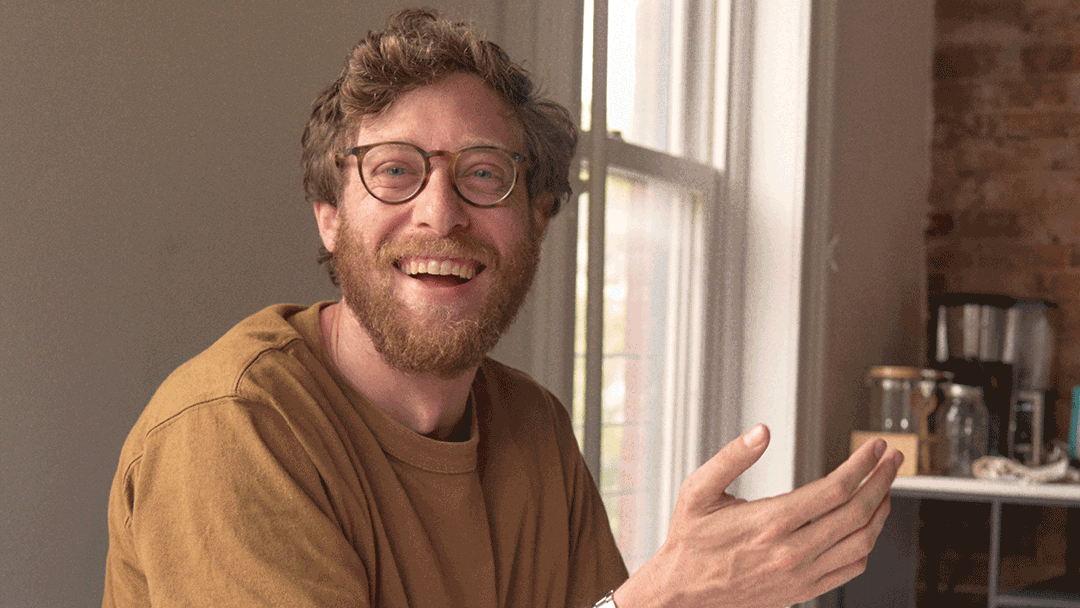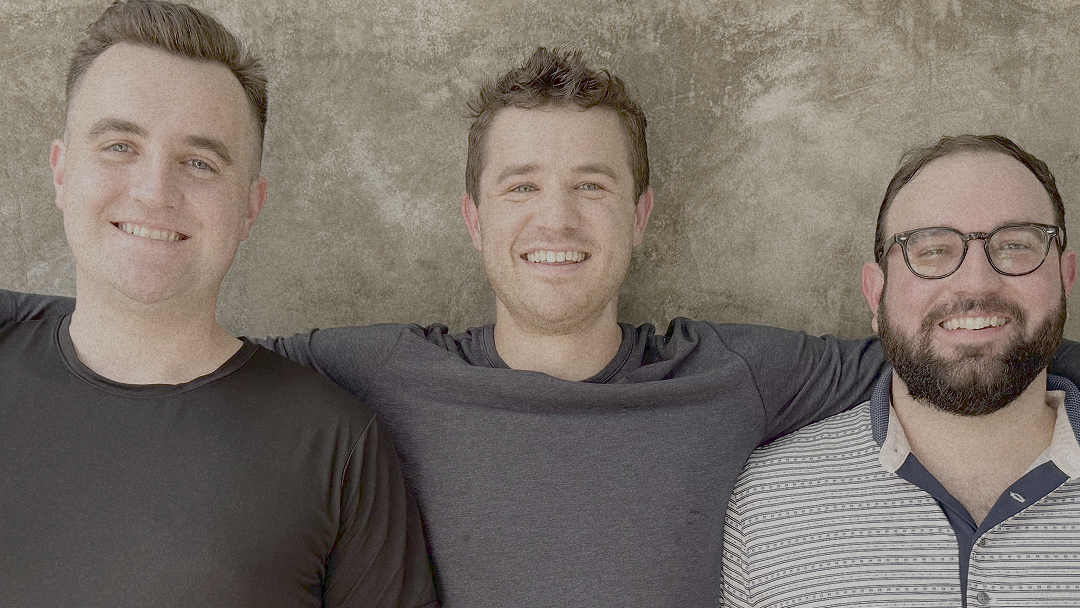Memory Bank: Jonathon Barkl of AirGarage

Memory Bank is a reflection on the galvanizing moments in a founder’s journey — a rare glimpse into the human side of their relationship with entrepreneurship, and their relationship with money. For Jonathon Barkl, entrepreneurial parents with a scrappy, frugal mindset shaped his approach to cash and building as a founder of AirGarage.
This story is written in the words of Jonathon Barkl, as told to Mercury writer Shreeda Segan.
In retrospect, I was very fortunate that both of my parents were small business entrepreneurs. What your parents do and how you’re raised impacts what you think is possible in the world. If your parents are a lawyer and doctor, it’s very normal to internalize that your career options for the future are to become a lawyer and a doctor. If you want to become a musician or chef, those might not seem like such viable options.
My dad was in the business of training people on IT systems. He would train people on Microsoft, Windows servers, things like that. He would go to military bases and train their recruits on IT infrastructure systems. He was always an independent contractor. And in 2010, my mom decided to start her own business as well. She always wanted to go into real estate. She got her license and started her own business doing transaction coordination: all the back office work for a real estate agent that they don’t want to do. She also did that independently, working with a bunch of different agents.
At some point, growing up, I found out that you could order samples from swag stores. So I ordered these pens where you could get your company name engraved on them. I ordered them for my made-up company called Barkl Industries. They showed up at the house one day and my parents opened the package and were like “What is this?” And I told them “That’s the company I’m going to start someday.”
It’s clear to me now that watching both my parents start their own businesses made me feel that I would start my own business someday, too. Maybe that’s why it didn’t feel so surprising to me when I decided to leave pursuing a career in physics — my major in college — in pursuit of exploring entrepreneurship.I met Scott and Chelsea, my co-founders, in college. We discovered that not only on-campus parking sucks but that the parking experience everywhere is awful. It’s terrible because the consumers aren’t the real customer. It’s the real estate owners who own the space; they are the ones choosing and purchasing a parking management system to implement. To make the consumer experience better, you need to help real estate owners choose and purchase a better parking management system. The parking management company decides if they’re going to put in gate arms, hire an attendant, or use an app system for consumers to pay for parking. We decided to build AirGarage not only for consumers looking for better parking but also for parking real estate owners looking for a better parking management system.
I knew from watching my parents that running a business means you likely never have a cash reserve. Our family lived in a frugal way and my parents had a very DIY mindset — much like I do now as a founder.
When I was young, if something was broken in their house, my parents decided they’d fix it themselves instead of hiring somebody. I remember spending multiple days with my dad redoing the flooring of our entire house. He sourced the most affordable, but still quality possible wood flooring in bulk to save money. Then we installed it ourselves. This was a totally normal thing, for us to do these kinds of projects together. We would always change the oil in our cars. We built a whole garden in our backyard for my mom.
I also remember, when I was in the marching band in high school and was invited to go to Disney World to perform in a parade, my parents offered to pay for half of the trip but said I needed to raise the funds for the second half. My grandfather, an immigrant from Palestine, had this can crusher on his patio. He had a frugal mindset, so he would bring his crushed cans to the recycling center to make some money. So, I followed his lead and started collecting cans for my trip. Needless to say, I would need a lot of cans. I found a way to post on every HOA board in the North Phoenix area to ask people to collect their cans for me so I could crush and turn them in. That’s how I paid for my half of the trip.
The DIY, frugal mindset my parents (and grandfather) instilled in me has been very valuable to me as a startup founder. In the early days as a founder, you have to do everything yourself. You don’t have the money so you can’t hire someone else. In the early days of AirGarage, how did we get customers? I literally went knocking door to door asking people if they wanted to rent out their garages. I knew that I’d have to figure out a way to get things done that cost literally no money or just our time. (Later, when we discovered that just building a parking space listing platform was not sufficiently profitable, we were ready to build whatever and create the value it takes for parking real estate owners to hire us.)
Now AirGarage has 45 employees. And there are certain things that we’ve systematized since we’re more mature and since we’ve scaled. But anytime we need to run a new experiment, we still find ourselves asking, “How can we test things as fast and cheaply as possible?”
Related reads



